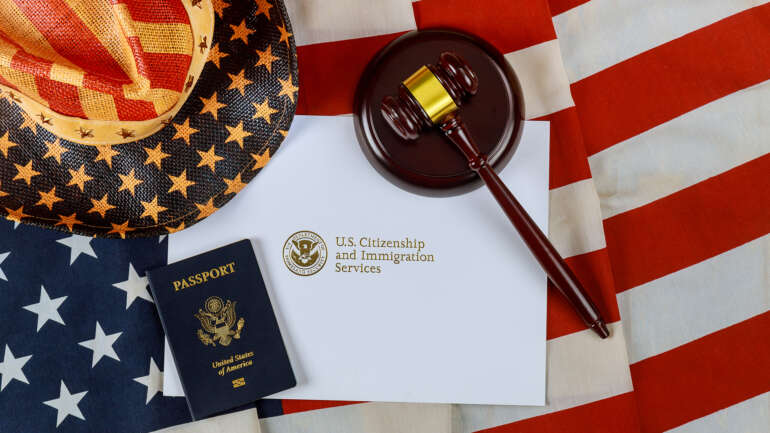USCIS recently updated its policy guidance on how evidence is evaluated for individuals applying under the “extraordinary ability” classification (typically EB-1A).
Here are the key points:
1. Team Awards:
Clarification: USCIS now explicitly considers team awards as qualifying under the criterion for “lesser nationally or internationally recognized prizes or awards for excellence.”
Implication: If an applicant was part of a team that won a prestigious award (e.g., a Nobel Prize or Olympic medal or Grammy Awards or Emmy Awards), this can be used as evidence, expanding beyond just individual awards.
2. Membership Criterion:
Clarification: USCIS now considers past memberships in professional associations when evaluating this criterion.
Implication: Applicants should highlight memberships in selective professional organizations, especially those that require notable achievements or contributions.
3. Published Material Criterion:
Change: USCIS has removed the requirement that published material must demonstrate the value of the applicant’s work to meet this criterion.
Implication: The existence of published material about the applicant or their work is sufficient, without needing to prove the material’s specific value.
4. Exhibitions (Artistic vs. Non-Artistic):
Clarification: While exhibitions generally refer to public showings, USCIS clarified that non-artistic exhibitions will only count in certain cases as comparable evidence.
Implication: For artists, artistic exhibitions are clear evidence, but non-artistic professionals (e.g., scientists) will need strong support to use exhibitions as evidence.
Takeaways:
These changes broaden the types of evidence applicants can provide, recognizing team achievements and past memberships, while simplifying the requirements for published material. Applicants should ensure their documentation reflects these updates to improve their chances of approval.

